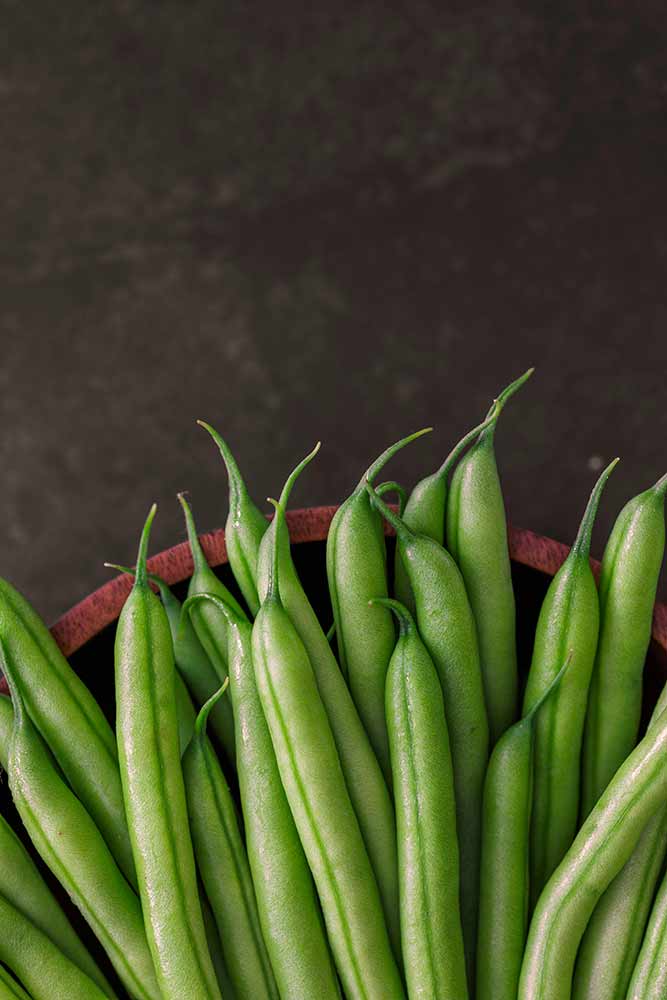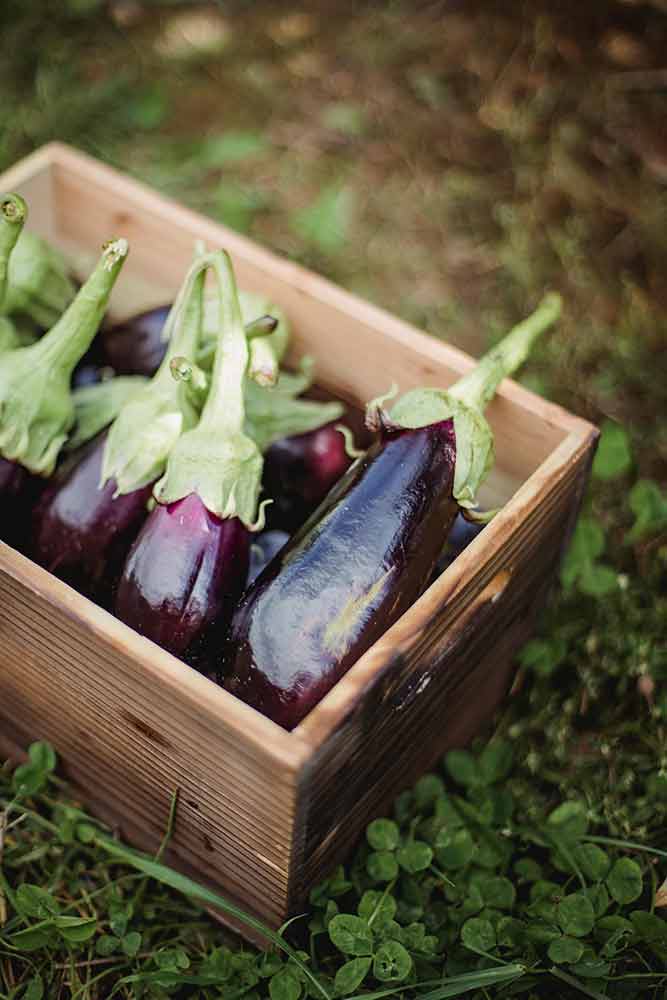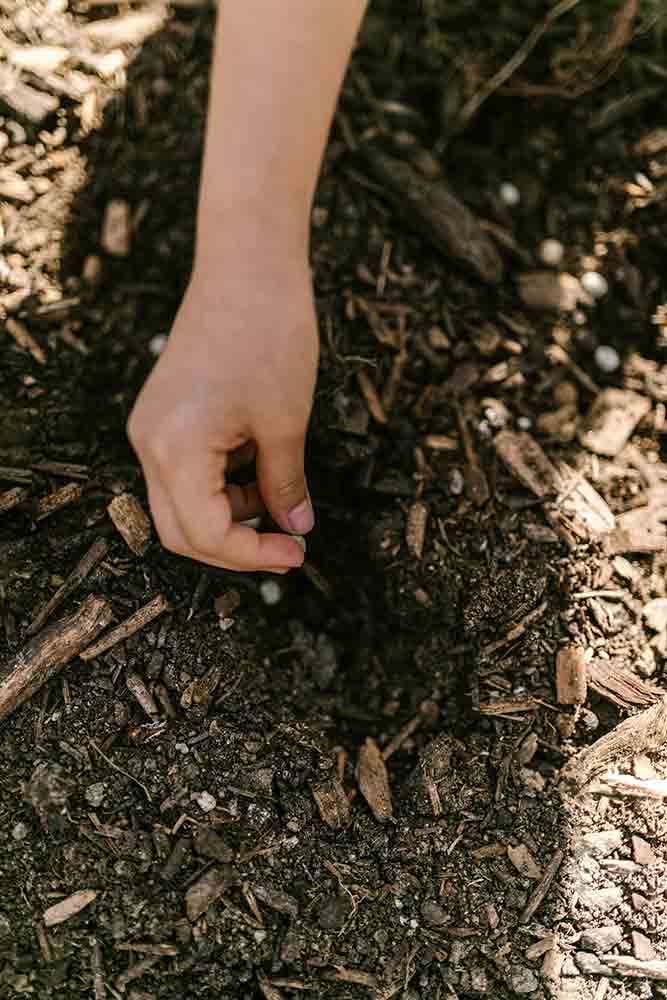Companion Planting
Companion Planting
Whether you’re growing a small kitchen garden or a large backyard plot, companion planting is one of the best ways to help your vegetables thrive naturally. By pairing certain crops together, you can improve soil health, deter pests, and make the most of your growing space. Use the table below to explore which vegetables grow best side by side—and which ones to keep apart—for a healthier, more productive garden.




| VEGETABLES | GOOD COMPANIONS | BAD COMPANION |
|---|---|---|
| Asparagus | Tomatoes | None |
| Beans (Bush) | Cauliflower, Carrots, Beets, Cucumbers, Cabbage, and Potatoes | Onions |
| Beets | Bush Beans, Onions and Kohlrabi | Pole Beans |
| Broccoli | Dill, Celery, Sage, Potatoes, Beets, and Onions | Tomatoes, Pole Beans, Strawberries |
| Cabbage | Dill, Celery, Sage, Onions, and Potatoes | Strawberries, Tomatoes, Pole Beans |
| Carrots | Lettuce, Tomatoes, and Peas | Dill |
| Cauliflower | Celery | Tomatoes, Strawberries |
| Celery | Tomatoes, Cauliflower, Cabbage, Leeks | None |
| Corn | Potatoes, Peas, Beans, Cucumbers, Squash, and Pumpkins | Tomatoes |
| Dill | Cabbage | Carrots |
| Eggplant | Beans | None |
| Garlic | Roses | Peas and Beans |
| Kale | Late Cabbage and Potatoes | None |
| Kohlrabi | Onions, Beets and Cucumbers | Strawberries, Tomatoes, and Pole Beans |
| Leeks | Celery, Onions and Carrots | None |
| Lettuce | Onions, Strawberries, Cucumbers, Carrots, and Radishes | None |
| Melons | Corn and Sunflowers | Potatoes |
| Onions | Beets, Carrots, Lettuce, Garlic, Summer Savory | Peas, Beans |
| Peas | Radishes, Carrots, Corn, Cucumbers, Beans, Turnips | Onions |
| Potatoes | Beans, Corn, Peas, Cabbage, Cucumbers | Sunflowers |
| Radishes | Peas, Lettuce, Nasturtium, Cucumbers | Hyssop |
| Spinach | Strawberries | None |
| Squash, Pumpkin | Nasturtium, Corn | Potatoes |
| Tomatoes | Asparagus, Parsley, Chives, Onions, Carrots, Marigold, Nasturtium | Dill, Cabbage, Fennel |
| Turnips | Peas, Beans | None |
| Vegetable | Good Companion | Bad Companion |
|---|---|---|
| Asparagus | Tomatoes | None |
| Beans (Bush) | Cauliflower, Carrots, Beets, Cucumbers, Cabbage, and Potatoes | Onions |
| Beets | Bush Beans, Onions, and Kohlrabi | Pole Beans |
| Broccoli | Dill, Celery, Sage, Potatoes, Beets, and Onions | Tomatoes, Pole Beans, and Strawberries |
| Cabbage | Dill, Celery, Sage, Onions, and Potatoes | Strawberries, Tomatoes, and Pole Beans |
| Carrots | Lettuce, Tomatoes, and Peas | Dill |
| Cauliflower | Celery | Tomatoes, Strawberries |
| Celery | Tomatoes, Cauliflower, Cabbage and Leeks | None |
| Corn | Potatoes, Peas, Beans, Cucumbers, Squash, and Pumpkins | Tomatoes |
| Dill | Cabbage | Carrots |
| Eggplant | Beans | None |
| Garlic | Roses | Peas |
| Kale | Late Cabbage, and Potatoes | None |
| Kohlrabi | Onions, Beets, and Cucumbers | Strawberries, Tomatoes, and Pole Beans |
| Leek | Celery, Onions, and Carrots | None |
| Lettuce | Onions, Strawberries, Cucumbers, Carrots, and Radishes | None |
| Melons | Corn and Sunflowers | Potatoes |
| Onion | Beets, Carrots, Lettuce, Garlic, and Summer Savory | Peas, and Beans |
| Peas | Radishes, Carrots, Corn, Cucumbers, Beans, and Turnips | Onions |
| Potatoes | Beans, Corn, Peas, Cabbage, and Cucumbers | Sunflowers |
| Radishes | Peas, Lettuce, Nasturtium, Cucumbers | Hyssop |
| Spinach | Strawberries | None |
| Squash/Pumpkins | Nasturtium, and Corn | Potatoes |
| Tomatoes | Asparagus, Parsley, Chives, Onions, Carrots, Marigold, and Nasturtium | Dill, Cabbage, and Fennel |
| Turnips | Peas, and Beans | None |
Companion planting is all about balance—creating a garden where every plant plays a role in supporting the others. With a little planning and observation, you can build a more resilient, productive, and beautiful space that thrives naturally. Whether you’re experimenting with classic pairings or discovering new ones, companion planting turns your garden into a living partnership that grows stronger each season.





